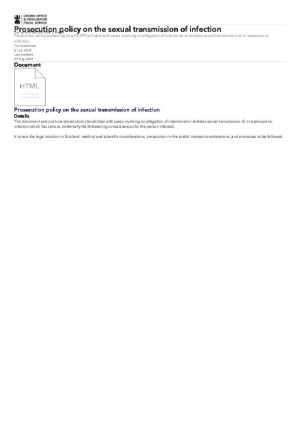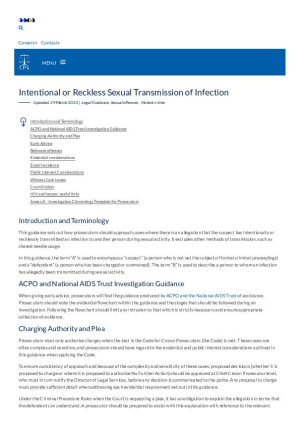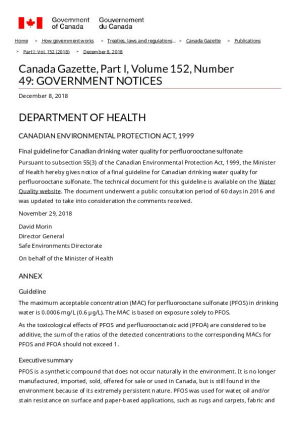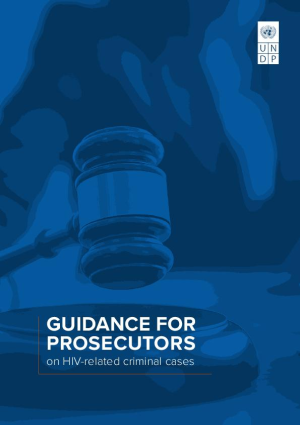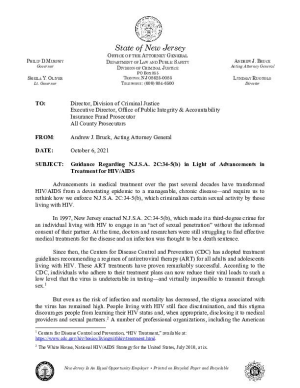Sets out how prosecutors should deal with cases involving an allegation of intentional or reckless sexual transmission of, or exposure to, infection which has serious, potentially life threatening consequences for the person infected.
Educating prosecutors
Prosecutorial guidelines
Two U.K. jurisdictions (England and Wales, and Scotland) and Canada are the only countries in the world to have produced prosecutorial guidelines.
Intentional or Reckless Sexual Transmission of Infection: Legal Guidance, Sexual offences , Violent crime
This guidance sets out how prosecutors should approach cases where there is an allegation that the suspect has intentionally or recklessly transmitted an infection to another person during sexual activity. It excludes other methods of transmission, such as shared needle usage. Any allegation of intentional or reckless transmission of an STI will almost invariably be eligible for early advice in accordance with Chapter 7 and Annex 6 of the Director’s Guidance on Charging (sixth edition).
Director of Public Prosecutions Act – Directive
Directive to federal prosecutors regarding HIV non-disclosure cases issued by the Attorney General of Canada on December 8, 2018. Reflect the most recent scientific evidence around sexual transmission of HIV, as analysed by Canada Public Health Agency, as well as applicable criminal law as specified by Canada Supreme Court.
Guidance for prosecutors on HIV-related Criminal Cases
This guidance document therefore presents 10 key principles that should assist prosecutors in handling a prosecution – or potential prosecution – involving an allegation of HIV non-disclosure, exposure or transmission. Each principle is accompanied by a more detailed commentary examining the specific application of the principle by prosecutors in the course of their handling of a potential or ongoing prosecution. Each principle and its accompanying commentary is grounded in a consideration of the best available scientific evidence, applicable international human rights standards, as well as the widely-agreed professional standards governing the function of prosecutors within the criminal justice system.
Guidance Regarding N.J.S.A. 2C:34-5(b) in Light of Advancements in Treatment for HIV/AIDS – State of New Jersey
Prosecutorial guidance for the State of New Jersey. The Guidance calls for prosecutors to consider whether a sexual act was forced or coerced, whether there was an intention to transmit, and whether the individual was adhering to an appropriate HIV treatment plan, before bringing charges.

